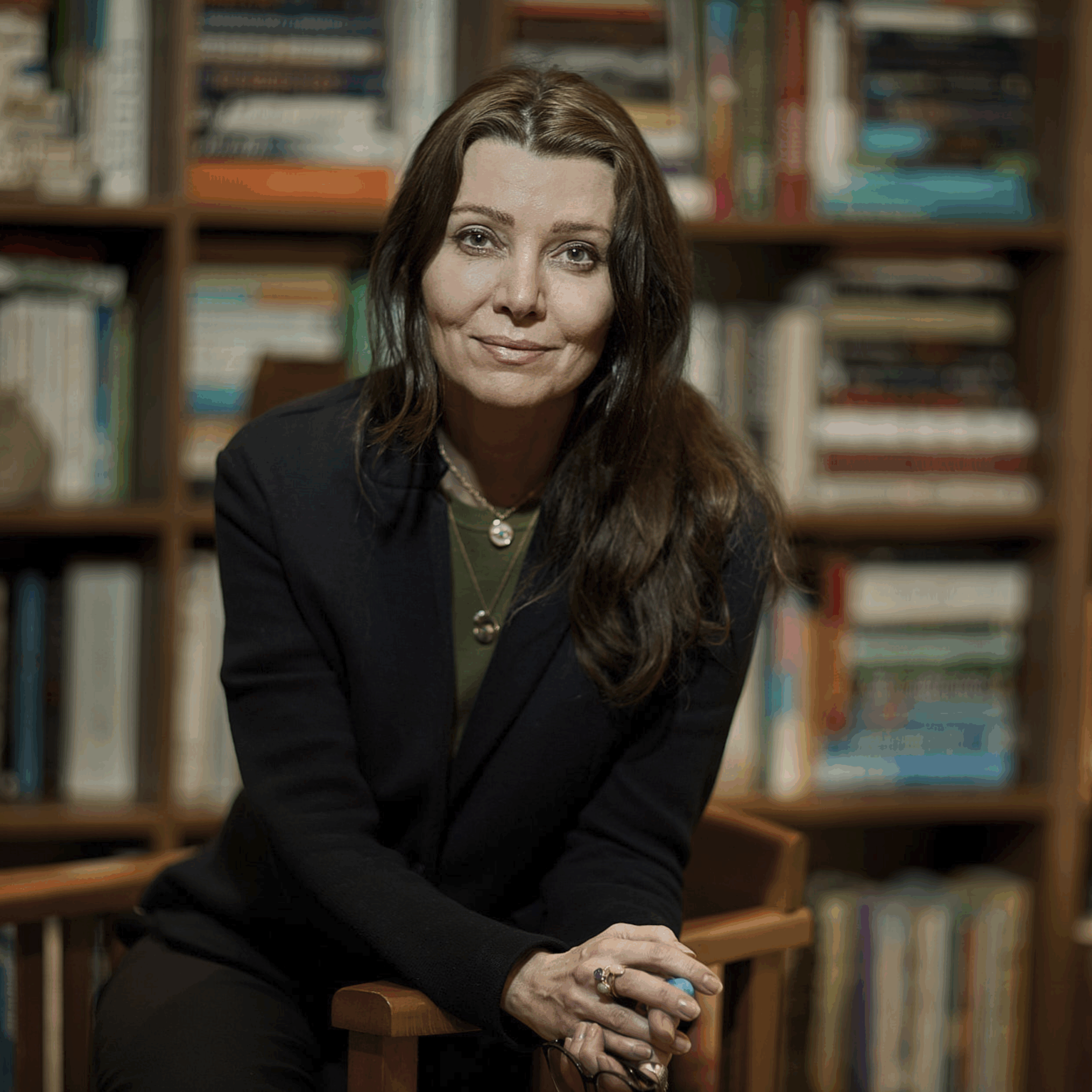
Storytelling in Today's World
Here’s what she said:
I love the ancient art of storytelling, which is so old, so universal. It doesn’t belong to any particular culture or country. It belongs to all of humanity.
Wherever we see a rise in populism or some demagoguery, there’s always a narrative behind it. And that narrative is powerful. If we believe in democracy, if we believe in building a more peaceful coexistence, we have to have a narrative. You can’t solely rely on numbers and facts, although they’re important.
Artistic flexibility is very important. We need to smash these glass walls and boxes we are put into. I love interdisciplinary thinking. The mind is always more nourished when we leave our comfort zones.
A novelist needs to be a bit like an archaeologist. We need to dig deep through layers of time so that we can find those forgotten, untold, and erased stories and silences.
In an age in which we are so badly divided and bitterly politicized, an age full of anxiety and fear and sometimes hatred, stories have become all the more important because stories bring us together, but silences keep us apart. I see literature as an art that builds bridges and brings people closer.
If we care about climate, we have to care about gender equality. If we care about gender equality, we need to care about racial equality or regional disparity because it is an age in which we cannot be single-issue people and those connections will become more and more important.
We’re expected to remain in our tribes and boxes once and for all. Instead of thinking of identity as a static, solid, monolithic block, I would rather think of identity in a much more water-like way, in a much more fluid way, like ripples in water.
My job as a writer is to open up a space of freedom, a space of beauty, a space of pluralism, and then respect each reader’s own interpretation of that.


